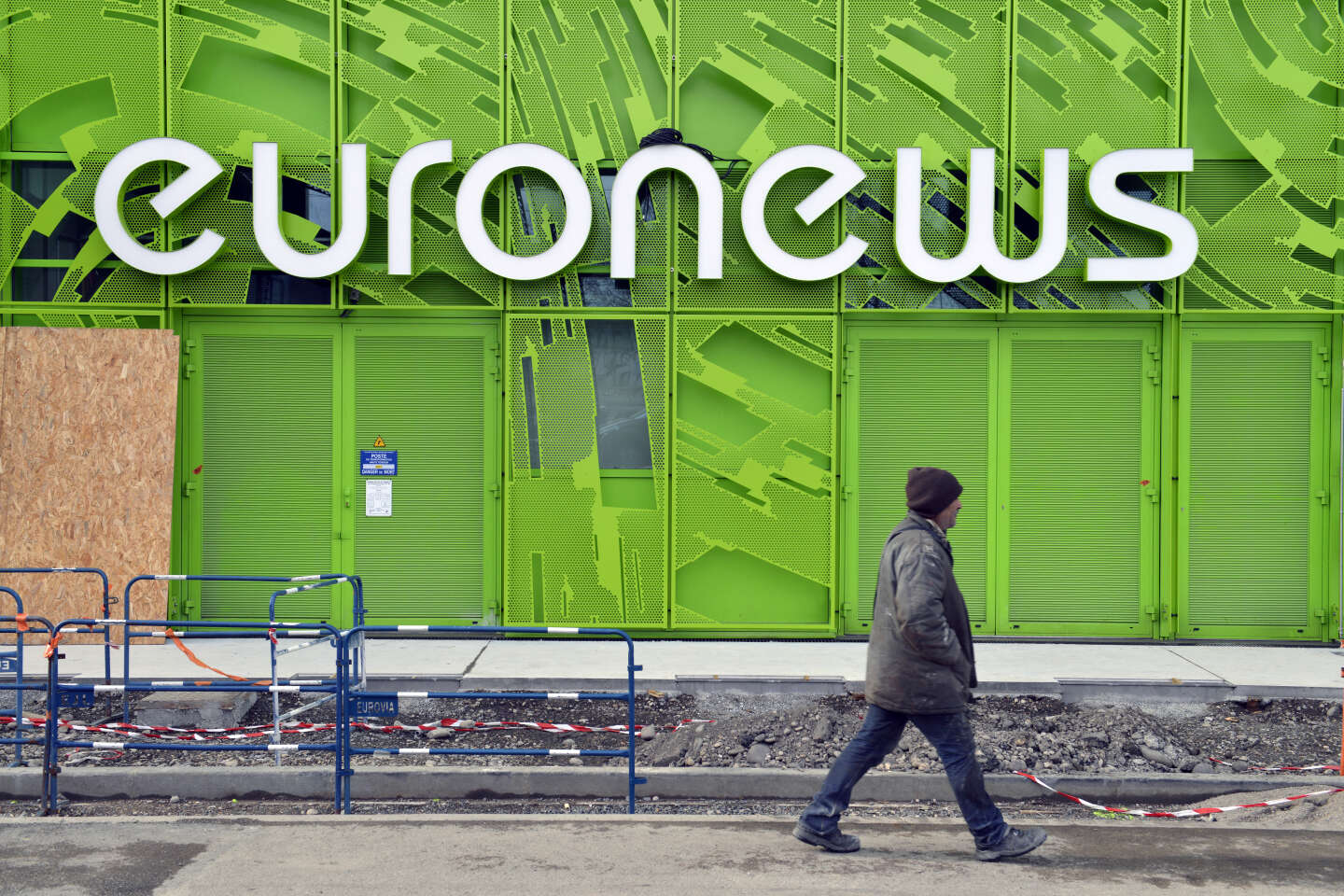- Digital Media Products, Strategy and Innovation by Kevin Anderson
- Posts
- Volume or value? How Gannett misunderstands the business of local journalism
Volume or value? How Gannett misunderstands the business of local journalism
An audio playbook for local news organisations
Josh Benton of Nieman lab wrote an incredible piece last week for Nieman Lab that gave me a new perspective on a story I thought I knew because I lived it: Gannett’s destruction of local news capacity in the markets where it operates. I originally wrote that it serves, but the point that Josh makes is that Gannett no longer serves many of the local communities where it has titles.
Josh makes the case with numbers like the one that Staci highlights: It has eliminated 59% of its jobs in just four years.
>>Gannett has eliminated 59% of its jobs in four years. It’s as if, instead of merging America’s two largest newspaper chains, one of them was simply wiped off the face of the earth.<< https://t.co
— Staci D Kramer (@sdkstl)
9:22 PM • Mar 9, 2023
But Josh also highlights the costs to the communities where Gannett has titles but no meaningful newsgathering capacity anymore, and he does this in a personal way because a Gannett paper operates in the community where he came from. And before I get too far into this, this is personal for me as well because for 21 short months, I was a regional executive editor and news director for Gannett managing some of their smaller titles in Wisconsin. The joke - not joke - that I tell is that in less than two years, I survived the first six rounds of cuts but not the seventh. (And I was a member of the national steering committee that designed the reorganisation that led to the elimination of my position. That's another story for another time.) Not all of those rounds of cuts meant a cut in headcount, and that was down to incredible local leadership at the time, but they were cuts nonetheless. And I know how demoralising criticism of the papers is for those few remaining local staff. This is not a criticism of them. I know how hard they work. I had two editors in my newsrooms who left their roles because of the physical toll the stress and long hours took on them. Many of my young staff had to have a second job just to make ends meet (especially because they had university student debt to pay) based on the low wages that they were paid. I feel for the dedicated journalists who are left, especially those working at the small sites.
But the destruction of the chain knocks the breath out of anyone who values local journalism in the US. Shortly before Gannett and Gatehouse merged at the end of 2018, it had 27,600 employees, and by the end of last year, it was down to 11,200 employees in the US and 3,000 abroad, mostly with its UK subsidiary Newsquest. The circulation decline at their Sunday titles is equally shocking with three of their 10 largest newspapers suffering declines of 74% or slightly more. And if that wasn't bad enough, much of their revenue has to be diverted to pay off the high-interest loans that were necessary to make the merger happen.
You can sense what has happened in places like St. Cloud Minnesota, which serves a metro area of 200,000 people. This isn't a small community. In May 2022, the paper had nine full-time reporters, but at the end of January, the last reporter left. Gannett is recruiting for a sports report and a local general assignment reporter. At the moment, Axios reports that the newspaper that Gannett still publishes in St. Cloud relies on wire stories from the state and from its national USA Today network. And this has happened across its network of small papers, or what is left of it. Gannett has shed or shuttered 44 of its dailies and 127 weeklies since the merger went through.
This brings me to my point. I was recently in a discussion in which someone we are partnering with on some research divided media strategy into either the volume or value business. For decades, Gannett was in the volume business, buying up newspapers and TV stations, but they cannot let go of that strategy even as it became clear that it had run its course and had been destroying the long-term value of its business. The value proposition would have been narrowing their focus and developing editorial products that digital subscribers at the local level really wanted to pay for. Now, the products are so debased that pivoting to a value strategy for its local journalism is all but impossible for Gannett, possibly even at its largest properties.
The local journalism business is difficult because it is resource-intensive and the advertising base on which it depended has been largely nationalised. But in hundreds of the smaller cities and towns that Gannett used to serve, there is a business opportunity, just not the one that its model can serve. It is the value business of providing local news that isn't of much interest most of the time to people outside of those communities. But it is very much of interest to people who live there. There are small businesses that want to reach their customers and a local news and marketing service can play a vital role in that.
I gave Gannett some advice years ago when I still held some of their stock as part of my retirement fund. They spoke of this local-to-national strategy and the USA Today network, which made some sense to lean into that brand. But they went one step too far when I was there by trying to obscure all of the copy that they shared amongst papers by taking away the local attribution so that all content came from the USA Today network. This was insulting to local readers who knew that a story from across the state wasn't reported by a local reporter but a story about their community was. And it was part of their volume strategy.
If Gannett wants to play that game, then it needs to embrace that they have to create a lot of content that appeals to the widest audience possible at the lowest cost, and that is not a local journalism strategy. They need to stop paying lip service to local journalism and just embrace a regional-to-national strategy feeding the USA Today brand. Their irreconcilable strategy is destroying the business because they have failed to deal with the tensions in their strategy between national coverage and the news and information that local communities value. And those tensions aren't just editorial ones but primarily financial tensions. The cost of maintaining a once huge local journalism base undermined its national ambitions. Had it sold off its small properties when they actually were standalone brands rather than hollowed-out wire aggregators, it could have funded a properly national USA Today national strategy. Now, their strategic options are dramatically narrowed. As Michael Porter says, managers - and in this case, the executive leadership of Gannett- are the guardians of trade-offs, and their executive leadership repeatedly failed to acknowledge these trade-offs. Groupthink at the executive level was rife at Gannett. They couldn't conceive of a value strategy, only a volume one.
The most likely outcome is what is happening in St. Cloud Minnesota. Instead of Gannett capturing some value from its local brands, it now will face competition for which it has no answer and no resources even to mount a challenge. After my job was eliminated, I was approached by a local investor asking what could be done, and in 2016, Gannett was still competitive enough that they would crush or buy any local competitor that dared challenge it. Now, I say to any publishing-minded business leader in Gannett's markets - go for it. There is a business opportunity in hundreds of Gannett markets. That is what I see as positive in this, Gannett's failure finally leaves open the possibility that these communities will get the local journalism that they deserve.
Industry News
And now the rest of the news for today. It's going to be a challenging year for many, especially those with advertising as the core of their business. Still, it's sad to see the cuts at Euronews.
But, I want to include this positive piece about a playbook for news organisations. This is a podcast on how to build a local news business. It's time and resource-intensive, but it can be very satisfying.
NEW: @MorningBrew, the digital news outlets targeting millennials, is laying off 40 staffers, according to an internal note to staff.
— This is the second round of layoffs since November, when they laid off 14% of staff— Sara Fischer (@sarafischer)
1:44 PM • Mar 9, 2023



